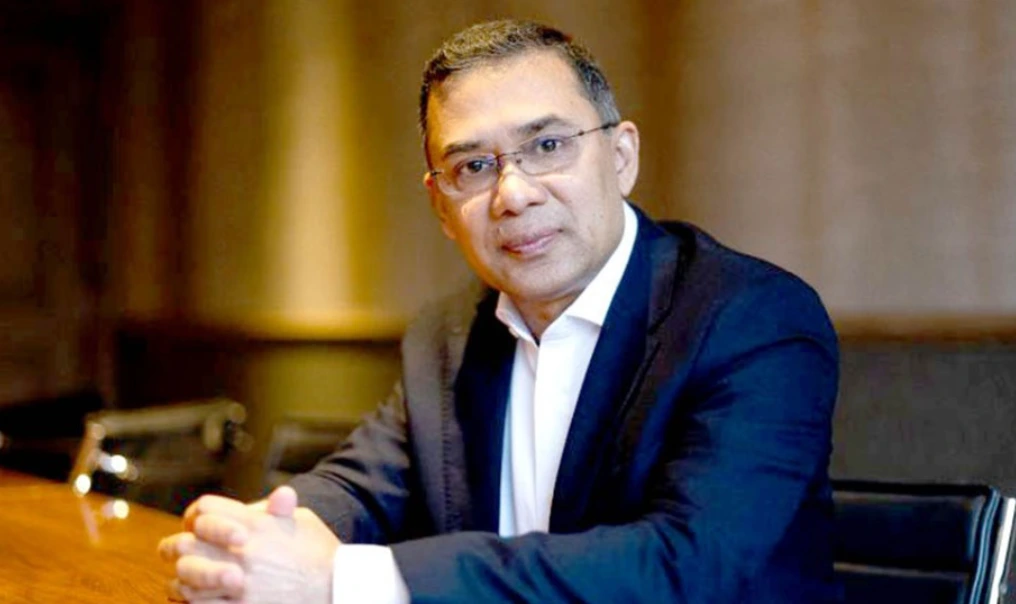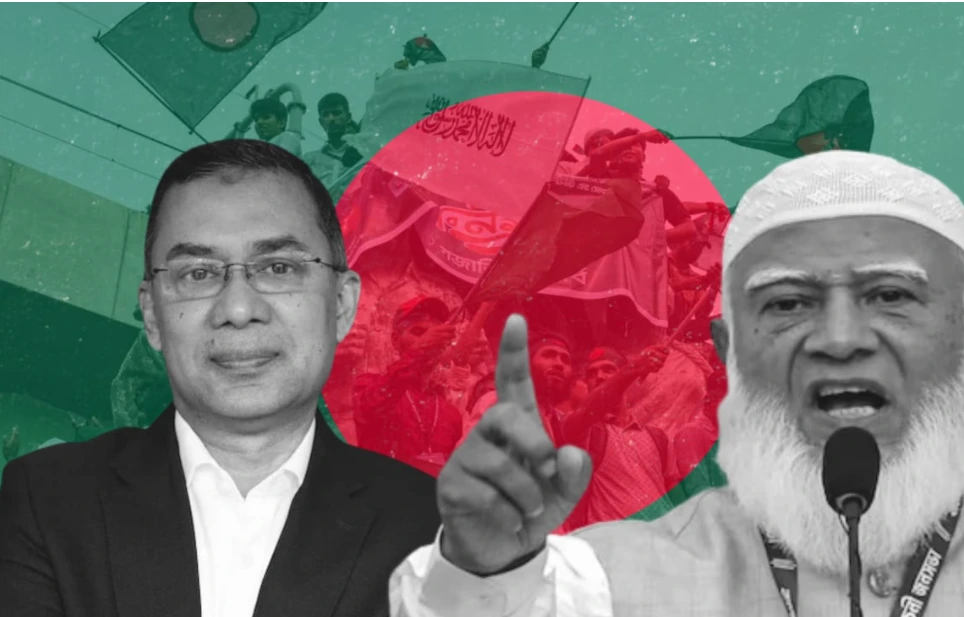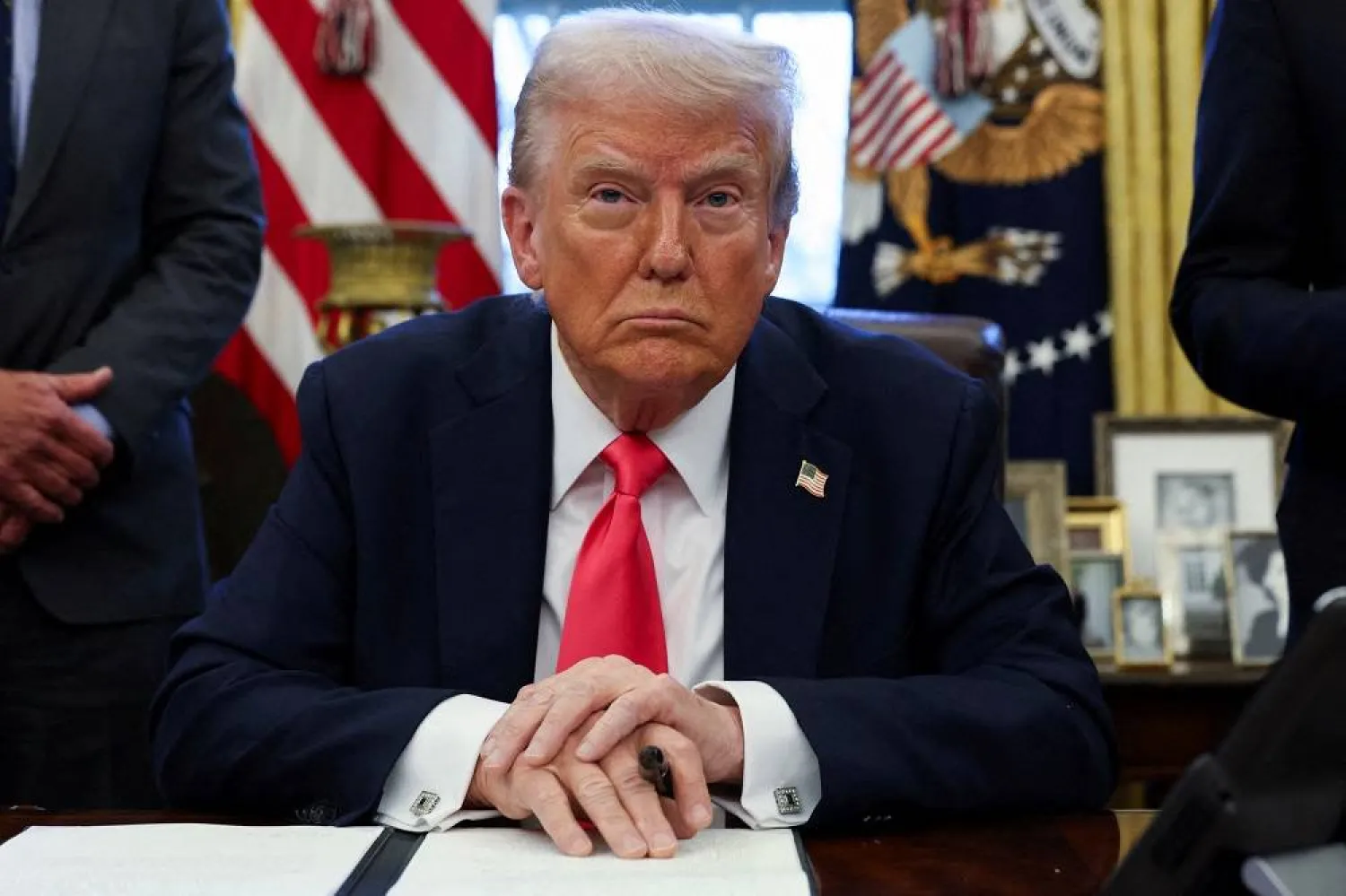[vc_row][vc_column][vc_column_text]House of Representatives passes amendments in NDAA-2018
The US political leaders across their affiliation are growingly turning in favor of India and expressing their displeasure with Pakistan for its alleged ongoing support to the terrorist groups involved in trans-border activities. On Friday, the US House of Representatives (lower house) has passed a 621.5 billion dollar defense expenditure bill to advance defense cooperation with India.
At the same time, the House voted for three legislative amendments to impose tougher conditions for reimbursement of defense funding to Pakistan, 400 million dollars, making it conditional to Islamabad showing “satisfactory progress” in fight against terrorism.
Islamabad is also criticised for persecution of minorities seeking political and religious freedom and imprisonment of Shakil Afridi, a physician who helped in locating Osama bin-Laden before he was shot in Abbotabad in May 2011.
India related recommendations were incorporated in National Defense Authorisation Act (NDAA) 2018, while amendments imposing tougher sanctions for reimbursement of defense funding to Pakistan would be implemented in retrospect for the period of NDAA-2017.
The India related amendment was moved by Indian-American Congressman Ami Bera and was adopted by a voice vote by the House with 344 in favor and 81 against the proposal. Now it requires the Secretary of Defense, in consultation with Secretary of State to develop a strategy for advancing defense cooperation between US and India.
Ami Bera, while supporting the India related amendment said, “The US is the world’s oldest democracy and India is the world’s largest democracy. It is vitally important to develop a strategy that advances defense cooperation between the two countries.”
After the amendment was passed, Bera was quoted saying, “I am grateful this amendment passed and look forward to the Defense Department’s strategy that addresses critical issues like common security challenges, the role of partners and allies, and areas for collaboration in science and technology.”
He specifically mentioned about how it was useful for US defense in the region. He said, “Cooperation between US and India enhances our own defense and our ability to meet the evolving security challenges of the 21st century.”
According to US law, Secretary of Defense and Secretary of State have to develop strategy for advancing defense cooperation between the two countries within 180 days. It needs to be passed by the Senate before sending to President Donald Trump to sign into law.
The previous NDAA-2017 had designated India as a major defense partner which brings India at par with closest American partners in terms of defense trade and technology transfer.
Cara Abercrombie, Deputy Assistant Secretary of Defense for South and Southeast Asia, on Thursday, said that India and US Defense relationship is on positive track. She reportedly said “… [As] we look at the global order, and when we look at the evolving security environment within Asia, India’s rise and role [is] evolving, [and] we see the United States and India increasingly viewing the region in the same way and our interests are very much aligned.”
While addressing a New York gathering she said, “This is all rooted in when we look at the region and [what] we share. We have the same [aerial] security interests, the same counter-proliferation, counter-piracy, and counter- terrorism [interests].”
Alongside, the House of Representatives, voted for three legislative amendments to impose tougher sanctions for reimbursement of 400 million dollars defense funding to Pakistan. The conditions are reportedly imposed because of the Islamabad’s alleged ongoing support to terrorists and terror outfits, about which several top US officials and lawmakers have repeatedly expressed concern in the past.
Following the passage of the amendments by the House of Representatives to the NDAA-2018, Secretary of Defense has to certify that Islamabad was maintaining security along the Ground Lines of communication through Pakistan, taking demonstrable steps to support counterterrorism operations, disrupting cross border attacks and countering the threat of improvised explosive devices. He has to certify that Pakistan continues to conduct military operations against the Haqqani Network in North Waziristan in coordination with Afghanistan government.
The Pakistan related amendments will negatively affect Pakistan retrospectively. The amendment specifies that the total reimbursement and support authorised for Pakistan during the period beginning on October 1, 2017, and ending on December 31, 2018, 400 million dollars, would not be eligible for national security waiver.
The Pakistan related amendments were moved by Congressman Dana Rohrabacher and Ted Poe, Member of the Foreign Affairs Committee and Chairman of Subcommittee on Terrorism, Non-proliferation and Trade. Poe was quoted as saying, “Today, Congress took a step forward to end Pakistan’s betrayal of the US with the addition of an additional certification requirement.”
US has also raised the issue of persecution of minority groups seeking political and religious freedom and imprisonment of Shakil Afridi, a physician who helped locating Osama bin Laden before he was finally killed in Abbotabad. The amendment said that Afridi was a hero to whom the people of US, Pakistan and world owe a debt of gratitude for the help.
In April this year, US national Security Advisor Lieutenant General HR McMaster visited New Delhi to pick up strings of defense and security ties that had blossomed during Barack Obama administration.
Prime Minister Narendra Modi travelled to US recently and developed close chemistry with US President Donald Trump. Defense cooperation also figured during the 5-hour engagement at White House.[/vc_column_text][/vc_column][/vc_row]


 Latest world news23 hours ago
Latest world news23 hours ago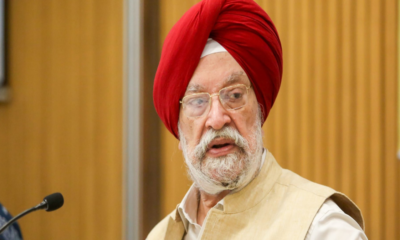
 India News20 hours ago
India News20 hours ago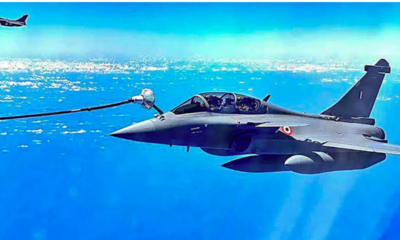
 India News15 hours ago
India News15 hours ago
 Latest Politics News1 hour ago
Latest Politics News1 hour ago
 India News59 mins ago
India News59 mins ago
 Cricket news48 mins ago
Cricket news48 mins ago








